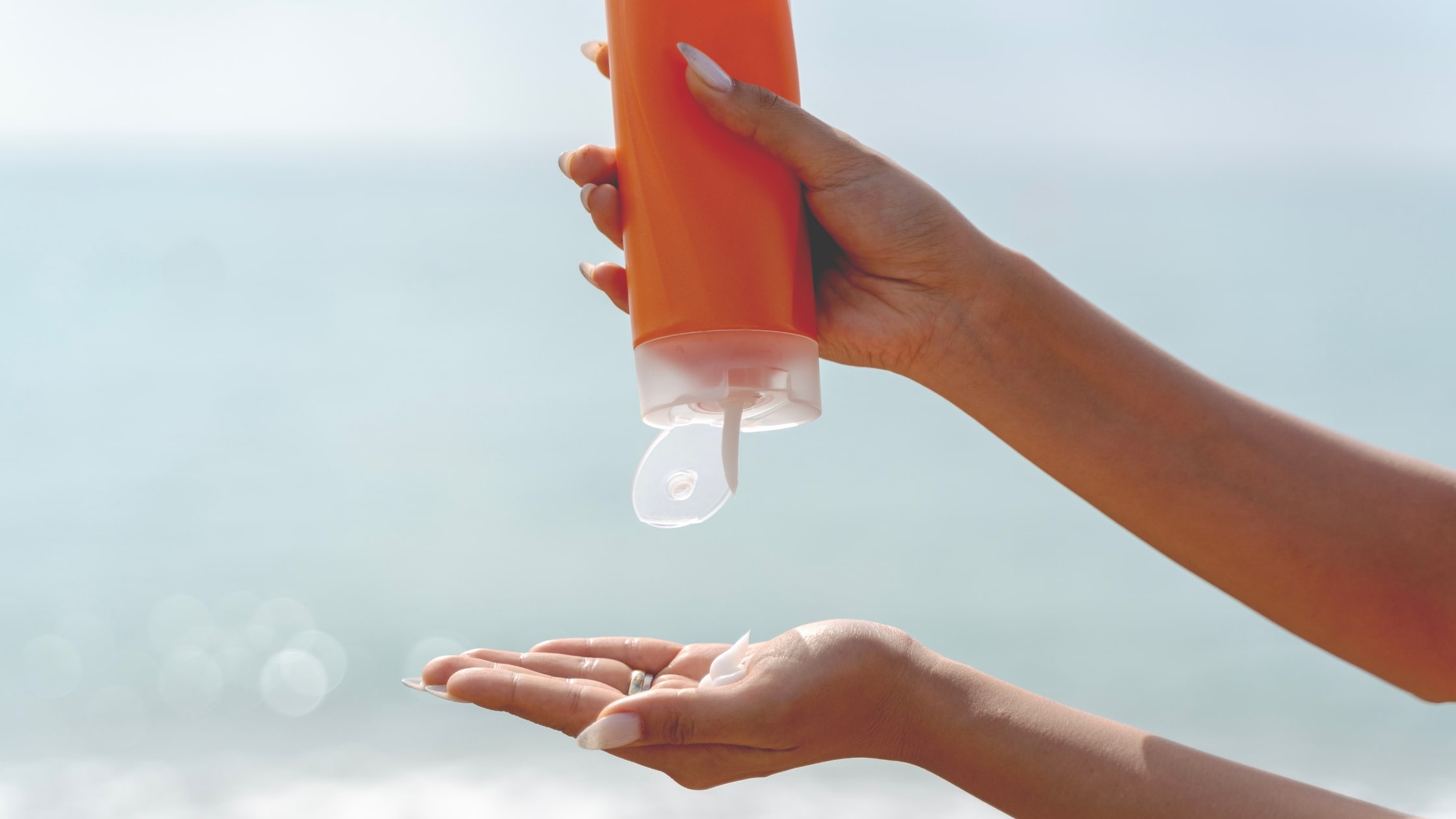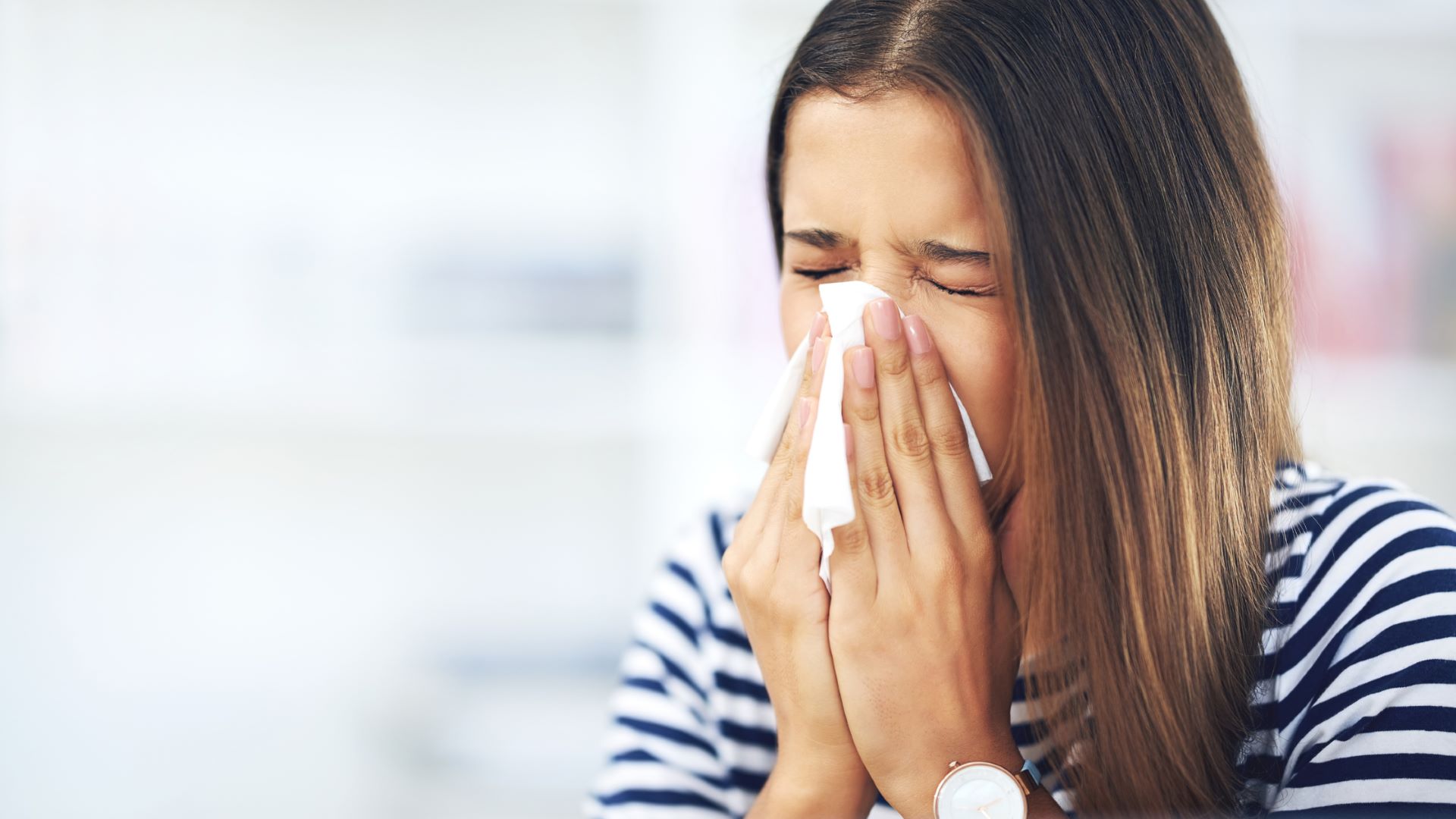Spring is finally here! While the warmer weather and sunshine is welcomed by all, many people find themselves struggling with seasonal allergies. Also known as hay fever, seasonal allergies happen when your body overreacts to environmental stimuli, like tree pollen. Common symptoms include sneezing, watery eyes, coughing, runny nose, itchy eyes and sore throat. Read below for tips on how to soothe your seasonal allergy symptoms.
Avoid Triggers
Although it may be easier said than done, one of the most effective ways to avoid symptoms from seasonal allergies is to avoid triggers as much as possible. During times that pollen and ragweed are in the air, spend as little time outside as possible and when you do have to be outside, wear sunglasses to protect your eyes. After coming inside, take a shower to wash off any pollen that may have gotten on your skin. Trying to avoid allergens and triggers as much as possible is the best way to avoid allergy symptoms.
Try Over-the-Counter Medications
Over-the-counter (OTC) medications such as antihistamines, like Claritin, or nasal corticosteroids, like Flonase, are typically very effective at treating allergy symptoms. They work to ease symptoms and get you back to feeling your best. If you’ve tried OTC options at the pharmacy and nothing seems to help, call your primary care physician to discuss prescription allergy medication or a referral to an allergy specialist.
Close Your Windows
While it is tempting to open all the windows and get a breeze through your house when the weather warms up, it probably isn’t the best idea when it comes to allergies. Keeping your windows closed will help limit the amount of allergens that get into your home. If you need some fresh air, try taking a walk when pollen counts are at their lowest, typically late morning or early afternoon.
Use a Nasal Rinse
A nasal rinse, like the Neti Pot, can be extremely beneficial in soothing allergy symptoms. Nasal rinses clear the mucus and allergens from your sinuses, helping manage congestion and post nasal drip. When using a nasal rinse, it is extremely important to use distilled water or saline solution, never tap water.
Try Home Remedies
If you don’t want to rely on allergy medication, or it simply doesn’t work for you, there are home remedies that have been known to help soothe symptoms. Here are a few of the most effective:
- Take a steamy shower
- Sip hot tea
- Add local honey to food and drinks
- Use an air purifier
- Take a Vitamin D supplement
- Use eye drops
- Exercise regularly
At Southwoods, your health is our top priority. These tips can make springtime easier by minimizing your allergy symptoms. If you have tried everything and still need medical care to ease your allergies, talk to your doctor. Don’t have a Primary Care Physician? Click the link below for a complete list of Southwoods Health PCP’s.




